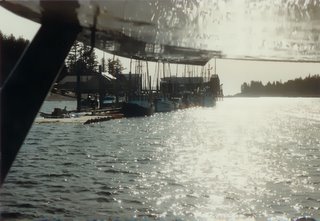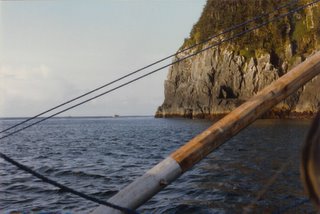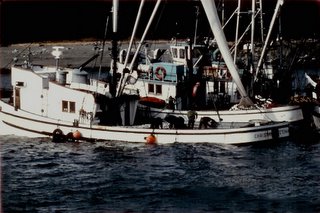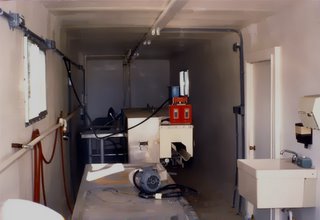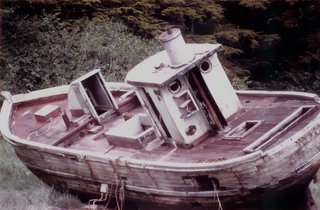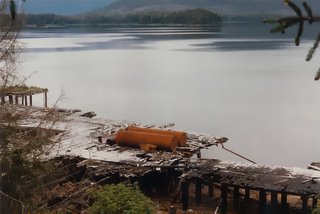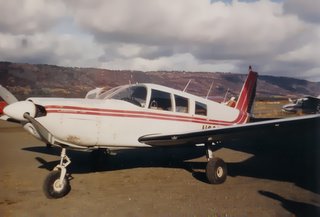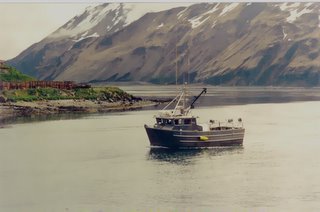NOAA to fishing industry, "I take it back."
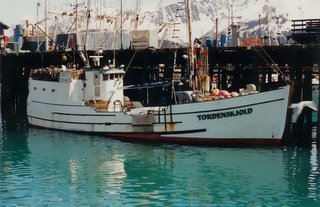
Ever wonder what happens during some "comment periods" in the federal rules making process. Here's one fairly significant result if you think fishing should be something that your kids should have a crack at. And it only goes to show that your comments do make a difference.
The venerable halibut schooner is more likely to make the March 5 halibut opener than the boats designed for near-shore salmon fishing.
"The rules, released by the National Oceanic and Atmospheric Administration in September, in some instances extended the existing timetable for rebuilding depleted fish stocks. The plan also lowered the standard for recovery plans, which must be written for depleted stocks. The current standard requires recovery plans to have a 90 percent success rate. The revision called for success only half the time. Because of such deficiencies, NOAA received more than 250,000 comments on its updates to National Standard 1. Most of them were negative."
It makes you wonder why our shining knight protector of the oceans even bothers to hire fisheries scientists at all, when they just shoot for a 50% success rate on rebuilding fish stocks. The taxpayers sure could save a bunch of money. It's just that the crud doesn't get traced uphill to it's origin. And when you do, there's not much that can be done about it anyway. Or isn't there?
I have to take it back too, about not harping about the NPFMC. A letter to the editor on AlaskaReport.com laid out a scenario that had three members of the North Pacific Fishery Management Council's Advisory Panel being given the boot for their skepticism of plans to give fishery resources to non-resident processing plant owners. It sure sounded like the boot was on the foot of the Chairwoman, the processors' lobbyist. (Interesting to watch how Alaska gets the kind of economy it does.) This is social engineering if I ever saw it.
There is simply no way to justify taking opportunity from labor and giving it to capital. Well, that's all right. Fishermen and communities in Alaska might get steamrolled this time, but mark your calenders for your opportunity to see who's on the ballot next time. And count on the processors to pull out all stops while their "man" is in power at the NPFMC. It won't work when the new "recluse" rules come on line. IF they come on line, and IF they have any teeth.
The funny thing is, these people just seem to be living for the moment. That's OK for Paris Hillton, but these are government officials. The future of their organizations and political futures don't seem to matter to them. In Oregon they are boycotting a councilor's business who did them dirt after he refused to recuse himself. If Gulf "rationalization" hits, reality will hit fishermen, who will be forced to deliver to certain plants at the posted price. Sound like buying bread at the government store. Who ya gonna boycott then. Talk about insidious.
At what point does the fish processing sector prima-donna become an albatross for Alaska communities. The community leaders are in a bind, because if they speak up about how "rationalization" can ruin their community, they might not get the state funds for this and that they are always asking for. It looks to me like the processing sector is united behind a governor who looks the other way as communities and fishermen get trashed.
Quotas for fishermen are a fish of a different color entirely. And if you're looking for a better kind of fisheries organization, one that is inherently "clean", look no further than the Regional Seafood Development Associations.
